It is a beautiful morning. Berne awakes. The sun lights up the Federal Palace. A few steps further hangs the flag of Kosovo. Mustafe Dzemaili opens the door, invites me into his office and starts to talk. Dzemaili has been the Kosovan ambassador to Switzerland for around a year. He is buzzing with excitement about 11 June, a special occasion for him. It is the day of the European Championship match between Switzerland and Albania. “The match between brothers,” remarks Dzemaili smiling. But it is not quite that simple. Switzerland versus Albania is more than a match. There has probably never been a match like it. Switzerland A against Switzerland B, say some. Albania against Albania, say others. Or Kosovo plus against Kosovo plus. They are all right.
Nobody incorporates the spirit of this match better than the brothers Granit and Taulant Xhaka. Never before have two brothers with the same mother and father faced one another at the European Championship. It is both a joyful occasion and a great challenge. Last autumn, when Switzerland, with Granit Xhaka, as well as Albania, with Taulant Xhaka, qualified for the European Championship, their father Ragip Xhaka said on the telephone: “I’m the proudest father in the world. One son is playing for Switzerland and another for Albania. This is the perfect reflection of our story.” He now says: “It’s lucky I’ve got two hands. One to clap for Granit and Switzerland, and the other for Taulant and Albania. Maybe it will be a draw.”
Granit and Taulant Xhaka have mixed feelings when talking about the forthcoming dual. They make comments like: “It’s hard to play against your own family.” But then, as the conversation progresses, they say: “It’s a game. A special one maybe. But I’m looking forward to it. And I won’t hold back against my brother. At the end of the day, we want to win.” “We”, Switzerland. And “we”, Albania.
The “traitors” as role models
Lots of the Swiss national team have Kosovan roots, including the three key players – Xhaka, Xherdan Shaqiri and Valon Behrami. In their homeland, they are dubbed “traitors” who are not fighting for Albania’s cause. Ambassador Dzemaili is dismissive of such insults. “It’s a game. They are players and are pitting themselves against an opponent. That’s all there is to it. Nobody should misuse football to attribute political intentions or messages to anyone.” The Swiss players with Kosovan roots did not reject Albania but rather chose to play for Switzerland – “the country that welcomed them and gave them so much in life,” he says.
When talking to Dzemaili you sometimes get the impression that he is ashamed of what Behrami, Shaqiri and Xhaka have been subjected to. He stresses that, “footballers are a prime example of successful integration. They live in a culture of community. They have shown the way, and this approach has long become established in other areas too, whether politics, science or medicine.”
The views from home are just one side of it for Shaqiri, Behrami and Xhaka. They also face a constant struggle for acceptance in Switzerland. People constantly raise the question of whether their identification with Switzerland is strong enough. The debate ignites when the players observe the national anthem in silence or sometimes celebrate a goal at their clubs with the double-headed eagle gesture.
Behrami’s candidness
Valon Behrami is the most senior Swiss international with Kosovan roots. He has taken the younger players under his wing. He is the first to answer such questions and does so with remarkable candidness. Behrami says: “I sometimes envy the players who were born here. Only they can feel what happens when the anthem is played. I miss out on that. But I always give my all for Switzerland.”
One thing is beyond contention: The talent of the second-generation immigrants, combined with their strong will and great self-assurance, has enabled Swiss football to make progress. “We would never be enjoying our current success without them,” remarks Ottmar Hitzfeld, the former coach of the national team.
Switzerland celebrated its only ever World Cup title in football in 2009. While it was “only” at under-17 level, it nevertheless marked the start of a new era. This golden generation, characterised by players with more than one homeland, holds great promise for Swiss football. Granit Xhaka was also a member of the World Cup winning team. He now says: “With a bit of luck and a good performance, we could become European champions.” Switzerland still has to get used to such a mindset.
Etienne Wuillemin is sports editor at “Schweiz am Sonntag”
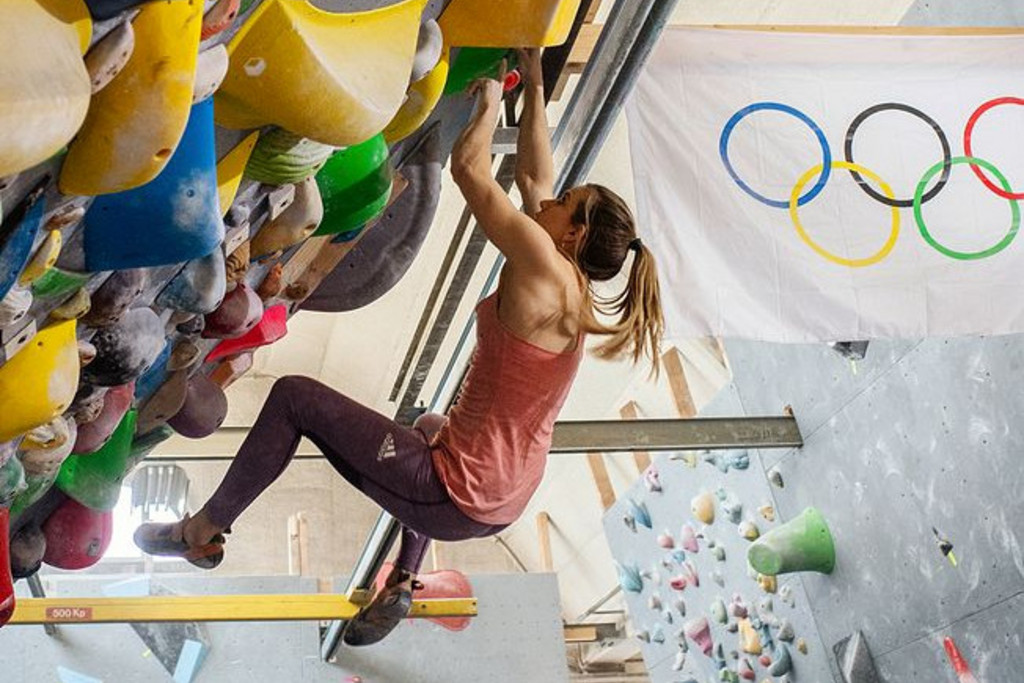
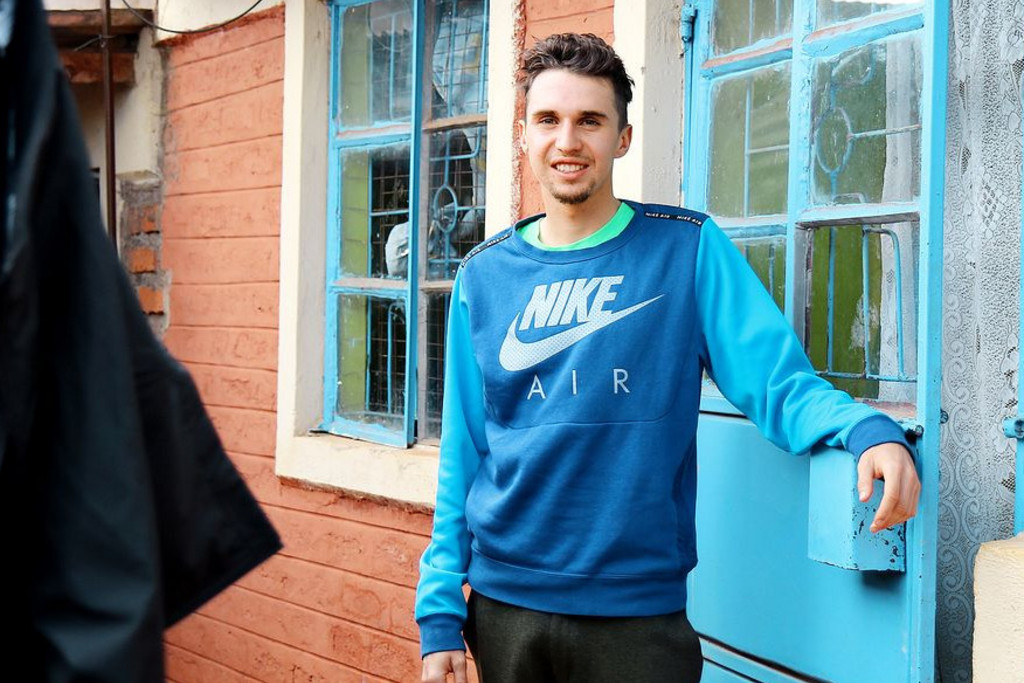
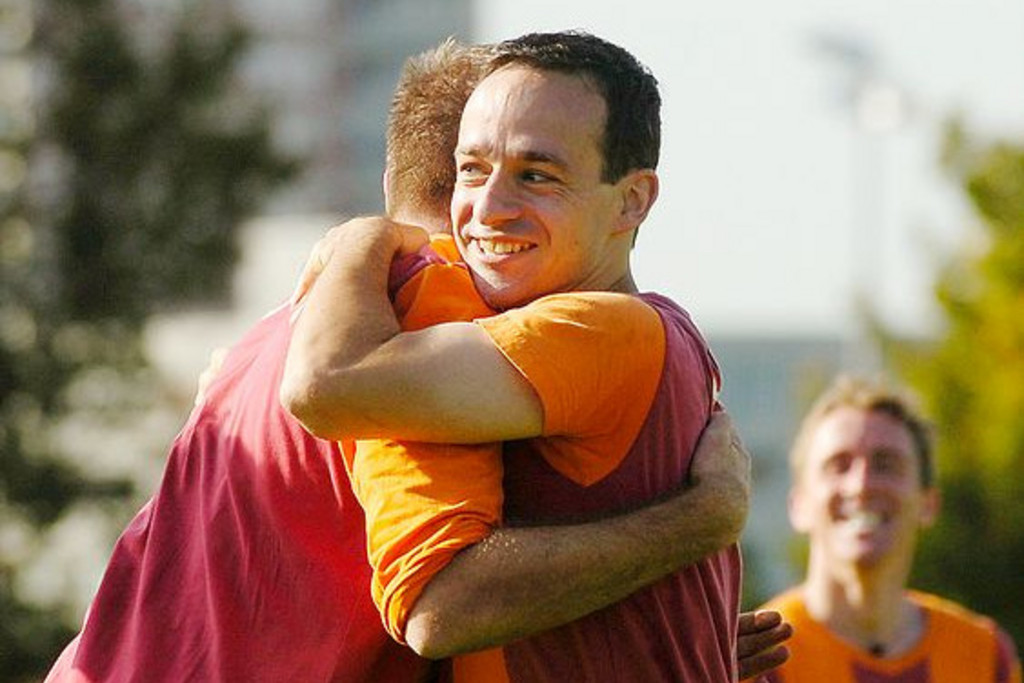
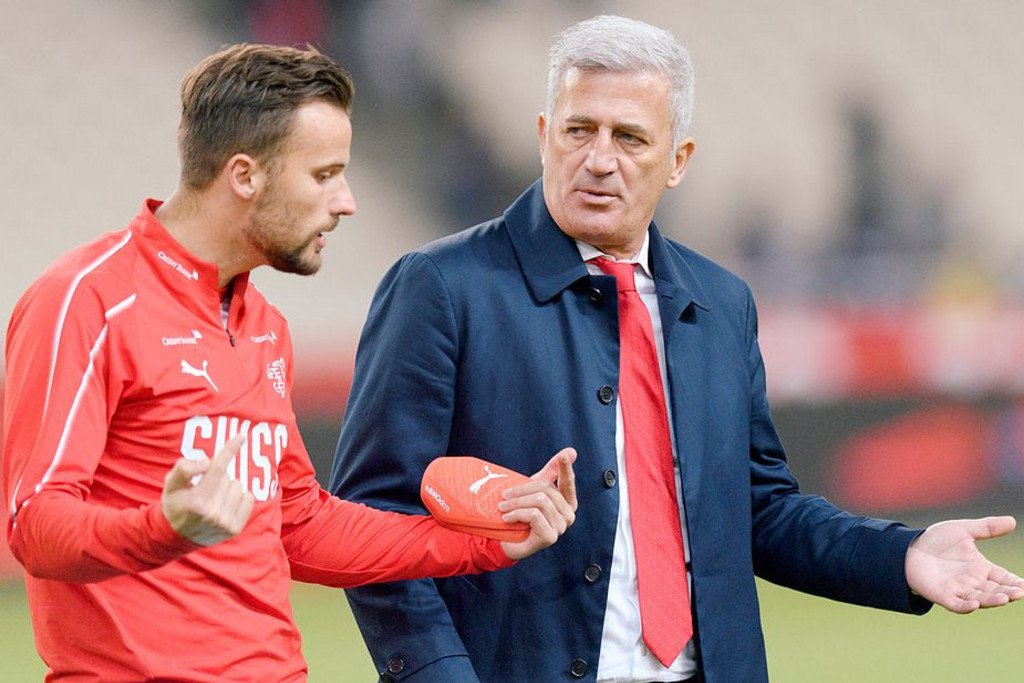
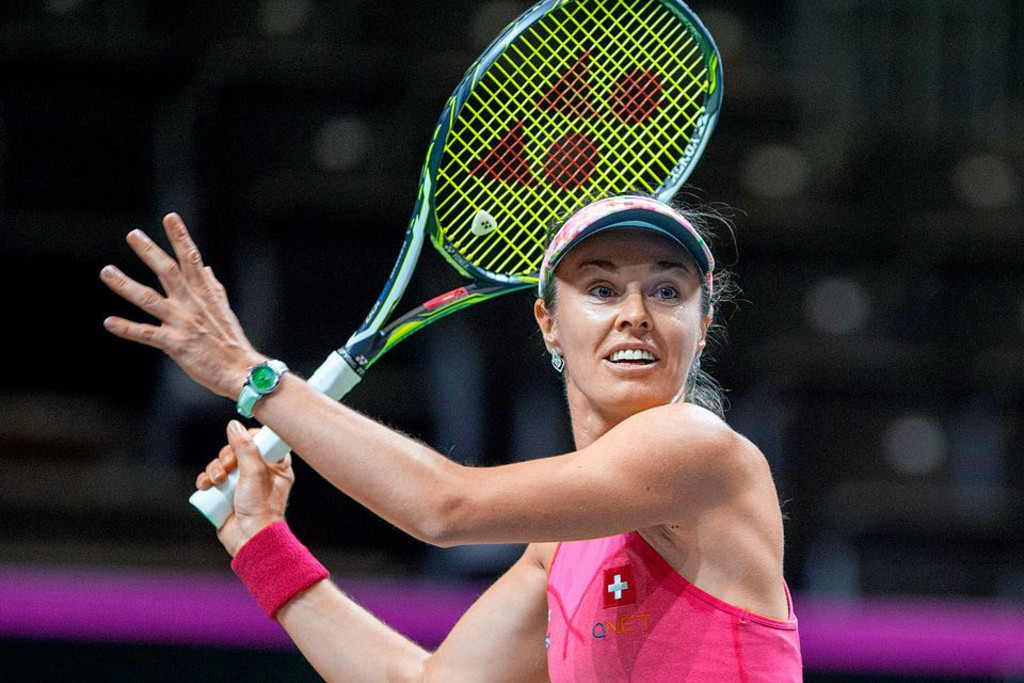
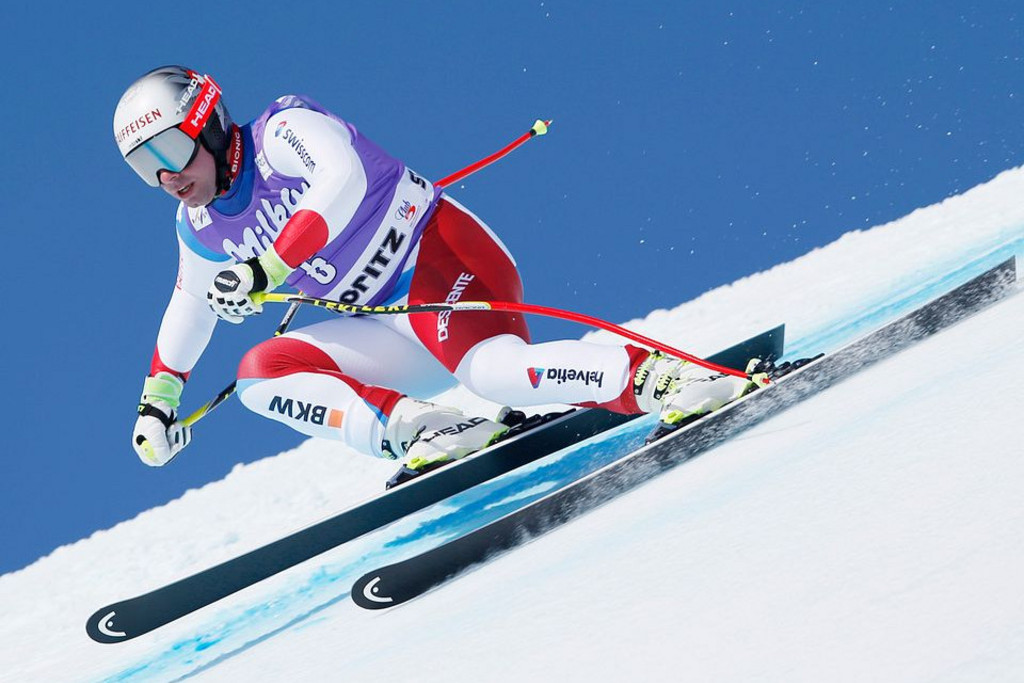
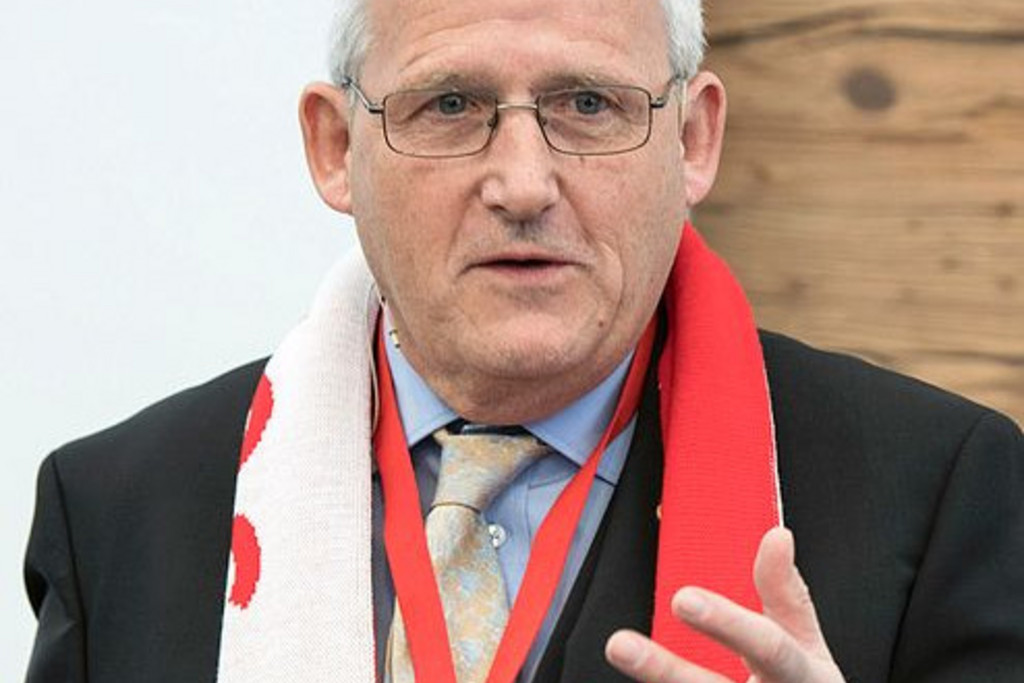
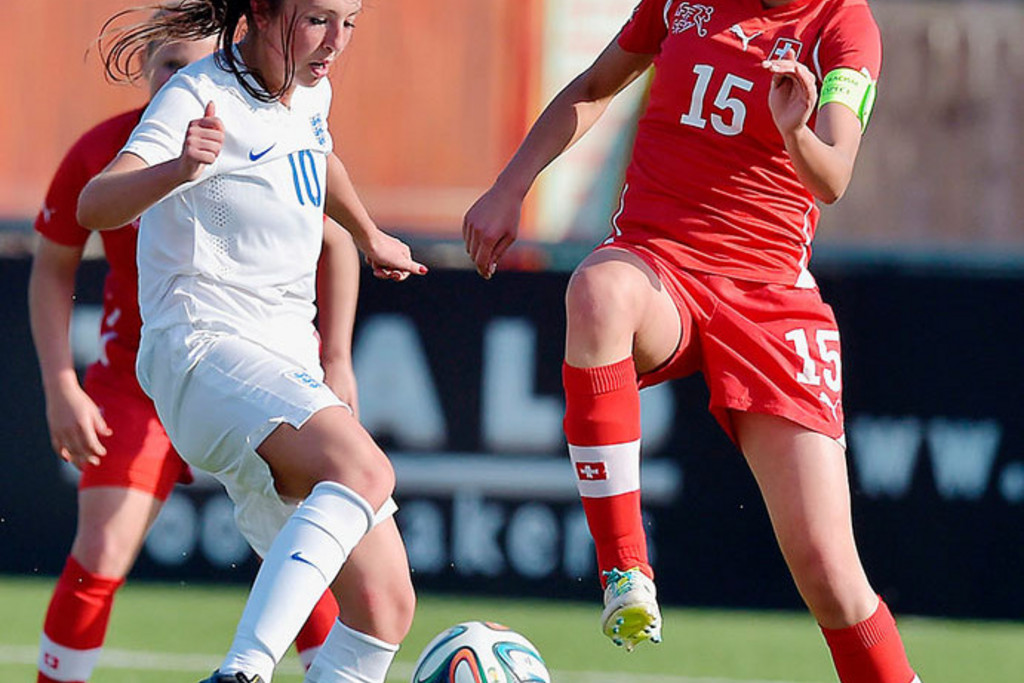


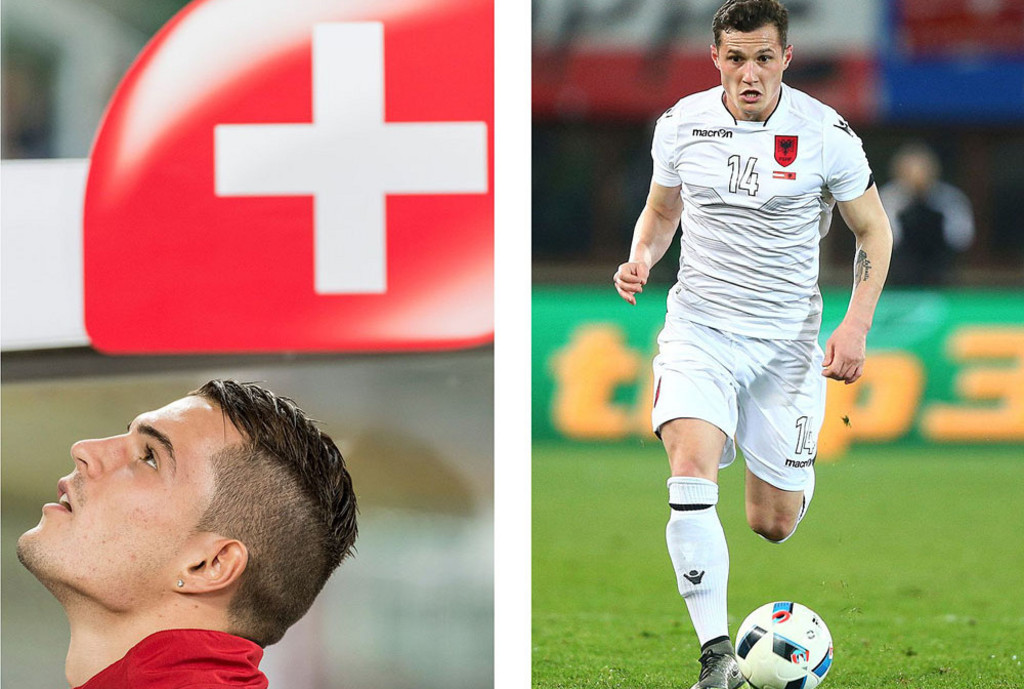
Comments
Comments :